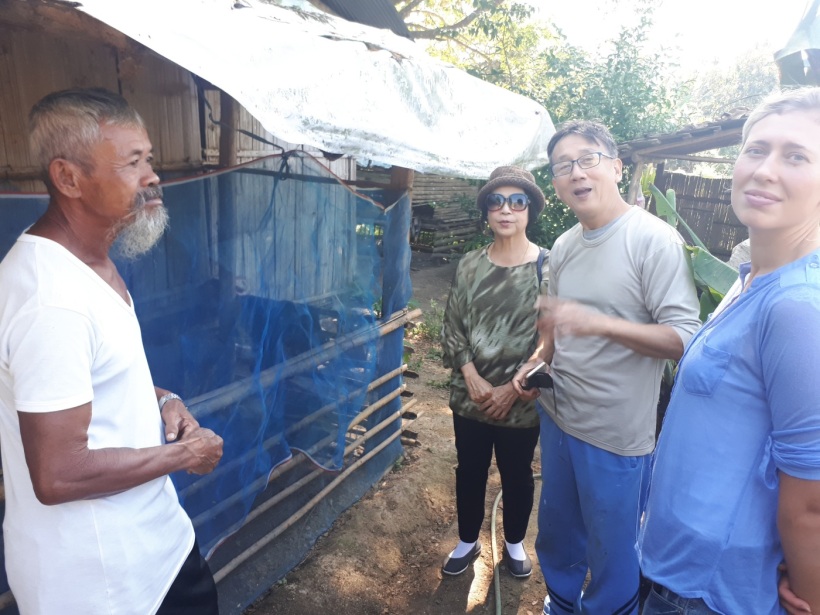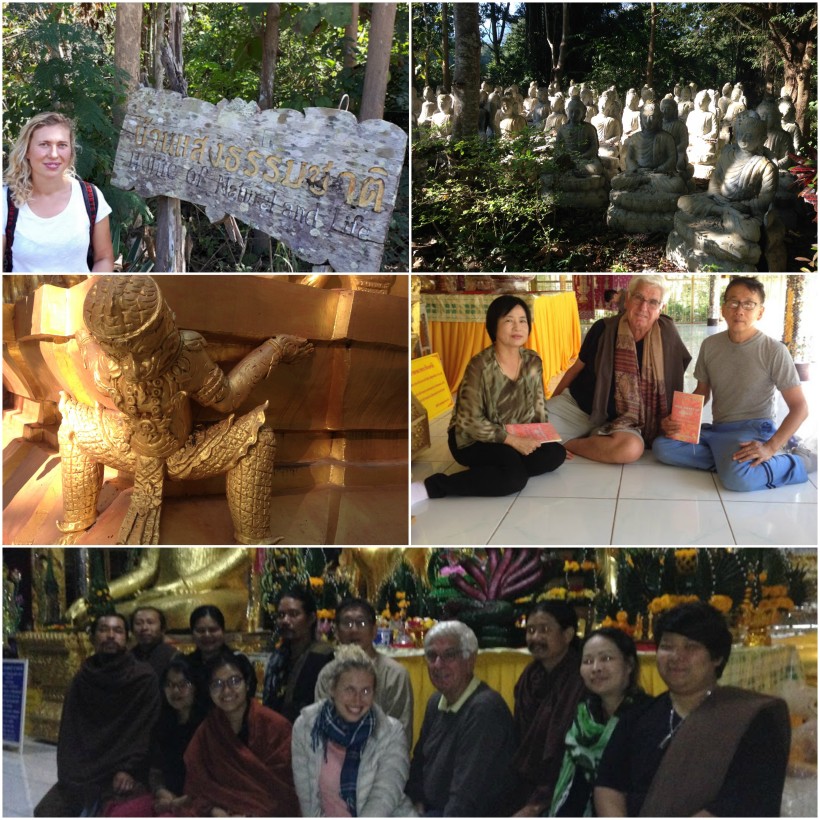When a house is on fire, its owners must follow the instructions of the firefighters. In that same vein, the Belgian people accepted the government-imposed confinement
measures because there were legitimate reasons for them. They observed the
instructions in order to preserve the capacity of the hospital system to care for those
most affected.
But with an epidemic in remission and with screening and care capacities in place, a
different approach is needed.
The basis of trust on which the confinement was built is in danger. Deconfinement measures are no longer understandable: Why open one sector and not another? Nor are they applicable: Checklists of more than a hundred items for reopening schools?! Nor are they human: Whom to include in my “bubble”, whom to exclude? The danger of a rebound of the epidemic increases with the growing level of misunderstanding and all the different possible interpretations of the instructions.
Epidemiological models do not suffice to guide deconfinement measures because they reduce a living organism to its physical or socio-economic characteristics. In order to respond to the Covid-19 pandemic in a sustainable manner, we must consider the expert’s contribution as part of a broader, more organic (and I would add, holistic) view of the world, a world in which individuals live in harmony within themselves, with others and with nature.
Based on its experiences with the AIDS, Ebola and H1N1 epidemics,
Belcompetence-Constellation, a Belgian non-profit organization, suggests applying
three principles supporting such a world view and recommends organizing the
deconfinement process in line with the following principles.
1. Changing the way we look at people at risk
94% of those who died from Covid-19 were over 65. The vast majority of the remaining
6% are those who suffered from another health condition such as diabetes or hypertension. These are the people we need to be most concerned about and who need protection through preventative measures. They are fully capable of organizing themselves to avoid being infected with Covid-19 while at the same time, preserving their quality of life.
2. Appealing to the altruistic motivation of all human beings
People over the age of 65 (18% of the Belgian population) should not ask those younger than 65 to sacrifice their social development, their educational activities, their economic power and their leisure time to prevent an illness which is sometimes painful, but which is not life-threatening to them. Therefore, all school and sports activities as well as economic and cultural events that do not directly endanger people at risk should be exempted from the constraints of social distancing and the obligation to wear a mask. In return, motivated by the concern for seniors’ health, the entire population is likely to comply with social distancing and/or wearing a mask in the presence of people at risk, such as in shops and on public transport.
3. Stimulating and connecting local responses
How is the current crisis changing our way of life? What is it that we want to preserve and what do we want to let go of? The answers to these questions cannot be left to our political parties and experts alone. As witnessed by all the innovative ideas, strategies and solidarity networks that have been put in place in recent months, the input on a local level and from citizens, is where collective intelligence, involving all actors, is the most relevant and effective.
A way forward: Ending confinement organically
While the government would be authorizing the recovery of all sectors of activity
according to the principles set out above, it would restrict the movement of private
citizens to their municipality and their neighboring municipalities for two to three weeks. If this phase proves to be conclusive, it will then lift all constraints on mobility and activities.
This exit strategy would mean:
● the communication of a coherent, an understandable and a fair strategy that
clarifies for the future of what is and what is not allowed.
● a clear signal of confidence from the authorities, permitting the individuals
involved to take ownership.
● resuming and developing political, commercial, and local cultural engagements
and relationships without having to give more or less subjective , even
discriminatory, priority to one sector over another.
● stimulating the collaboration among citizens and local actors from all the different
domains and local public authorities in order to end the confinement period in a
way that honors life in harmony with nature.


 Take a minute and imagine what does your
Take a minute and imagine what does your 





